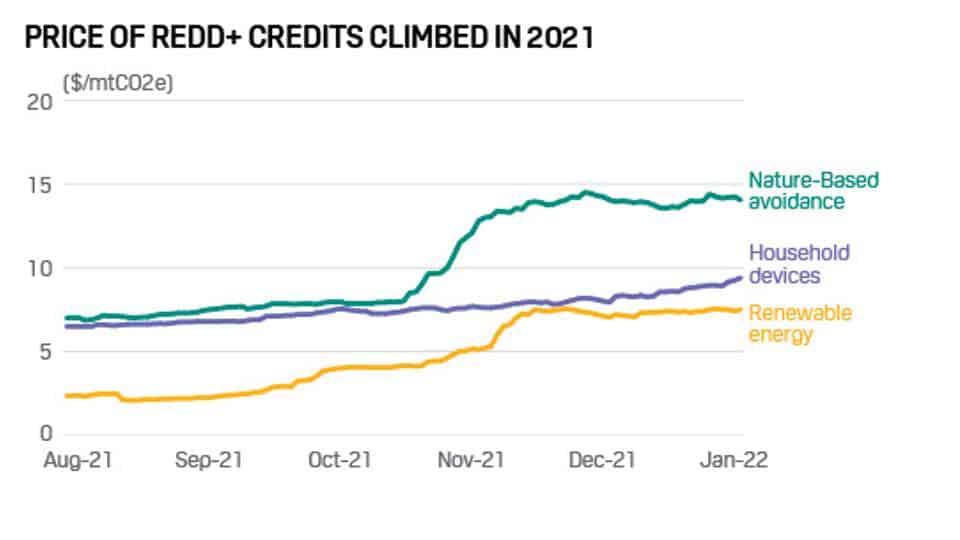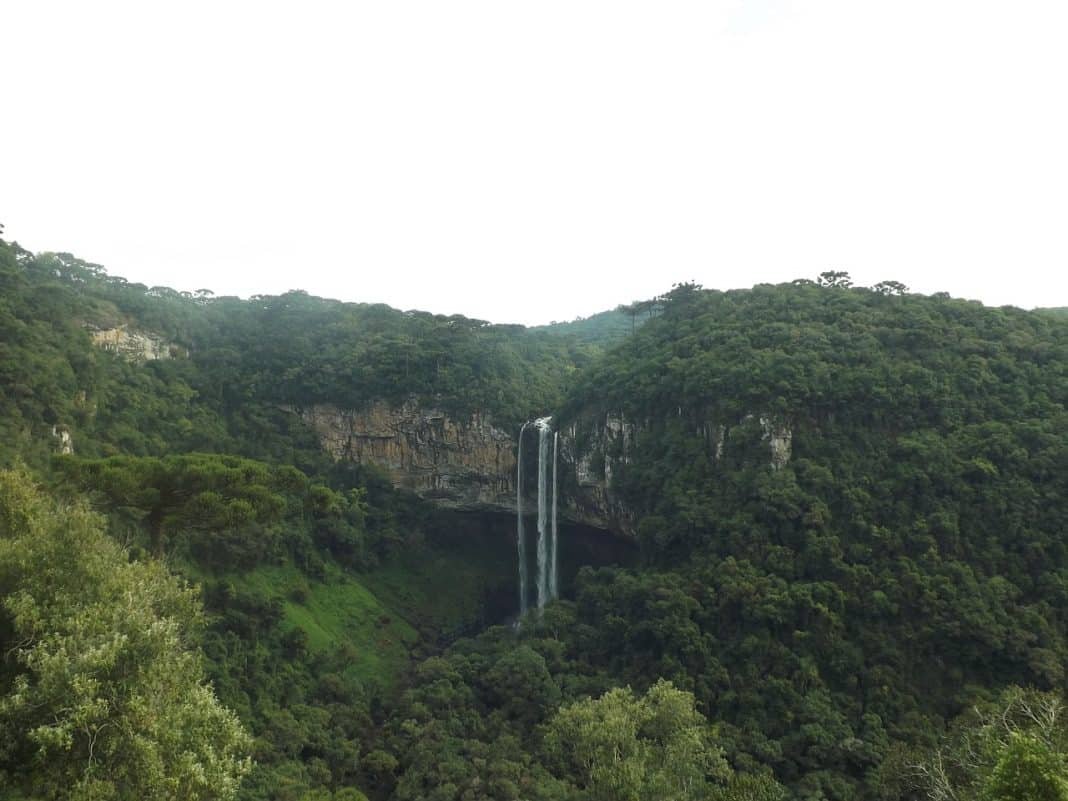The Architecture for REDD+ Transactions (ART) approved Gabon’s application to its TREES program to create carbon credits.
The National Climate Council of Gabon submitted an application to be part of ART TREES program. It stands for The REDD+ Environmental Excellency Standard.
TREES is ART’s standard for quantifying, monitoring, reporting, and verifying emission reductions and removals from REDD+ activities at a national and jurisdictional level. It helps hasten progress in meeting climate goals in line with the Paris Agreement.
The United Nations Framework Convention on Climate Change (UNFCCC) created the REDD+ framework. It guides activities in the forest sector that reduces emissions from deforestation/degradation.
Gabon’s Application to ART TREES Program
Per TREES listing, Gabon presented its first summary on REDD+ safeguards to the UNFCCC. This information covers the period from 2016 to 2020.
Gabon’s application to ART TREES will cover its entire forest in the span of 23.5 million hectares. The historical reference period is from 2013 up to 2017 while its crediting period is from 2018 to 2022.
In connection, Gabon developed a document detailing its Safeguards Information System for REDD+ in 2020. It gathered and collated the information through a national consultation and validation process.
But the country emphasized that its system is not yet fully centralized.
Accepting Gabon into ART TREES makes the total count of jurisdictions listed to 14. While other nations that are part of the program are from Asia, Oceania, Africa, and South America.
The application process starts with submitting the registration documents. Then a third-party verification body will verify them for ART Board’s approval. Once approved, the applying jurisdiction will get its serialized TREES credits from ART.
The carbon credits produced by Gabon’s application to ART TREES are to meet its forest management agreement with Norway.
ART TREES operates within the voluntary carbon market. Within this market, projects that reduce emissions via REDD+ are the most popular.
In fact, they receive the highest prices and represent the biggest share of the market value. The image below represents this. REDD+ refers to nature-based avoidance.

Gabon’s REDD+ Initiative Under CAFI
Gabon made a deal with Norway for $150 million of funding for forest management and conservation activities.
This agreement is under the multi-donor Central African Forest Initiative (CAFI). CAFI supports central African nations with rich forests to pursue climate goals.
In 2019, Gabon and CAFI signed a forest management agreement for a 10-year period. This results in a deal obliging the country to reduce its emissions and increase CO2 absorptions through natural forests.
The government of Norway paid an initial $17 million last June 2021 for emissions cuts in 2016 and 2017 only.
Under CAFI, Gabon was the first African nation to get payments for REDD+ efforts.
Gabon is already absorbing about 140 metric tons of CO2 a year, making it a low deforestation country. Yet, CAFI said that its payment is still not enough for Gabon to unleash its full potential to cut emissions.
This is why new mechanisms are vital to providing incentives for high forest low deforestation (HFLD) countries. And so, Gabon’s application to the ART TREES program offers a good incentive for it to maintain its forest.
Meanwhile, Gabon is creating its national REDD+ registry to track payments from various mechanisms. Also, it has a climate change law requiring that all credits created must enter the registry.
Even if issuances are from voluntary carbon standards like ART TRESS, the government still has full ownership rights to them. This is because REDD+ is an initiative made through national policies and measures.
Conversely, a similar agreement between Norway and Indonesia ended last year due to delayed payment.
The results of UNFCCC’s analysis of the application of Gabon to ART TREES will be up this year and posted on the REDD+ information hub.

